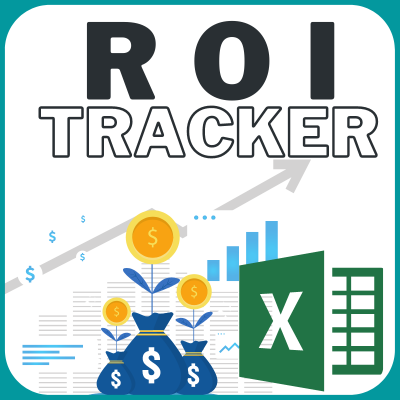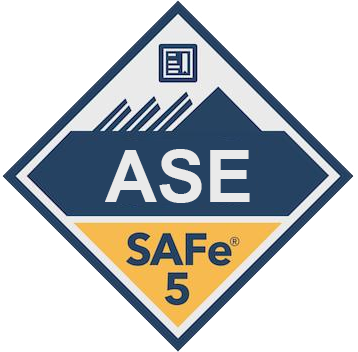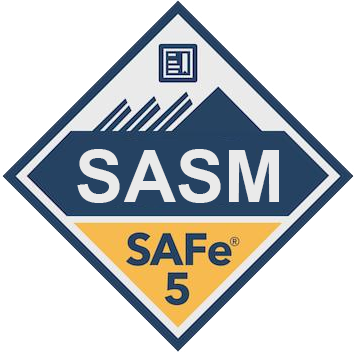Introduction:
The Agile Principles in Action shift towards a circular economy, spurred by the necessity to minimize waste and champion sustainability, demands innovative strategies in product development. Leading this transformation is sustainable product development, with Agile principles providing a dynamic framework to meet these objectives. This article explores the harmonious relationship between Agile methodologies and sustainable product development, highlighting iterative processes that nurture environmentally conscious products. It underscores the crucial role Agile plays in advancing corporate social responsibility (CSR).
Development of Sustainable Products:
1. Sustainable Design
The initiation of sustainable product development occurs during the conceptual stage. Agile methodologies foster collaborative efforts among cross-functional teams, encouraging the integration of sustainability considerations right from the project’s commencement.
- Teams have the opportunity to investigate methods for minimizing resource consumption, incorporating eco-friendly materials, and strategizing for responsible end-of-life disposal.
- Through the integration of sustainability into the design process, Agile teams can establish a foundation for products inherently conscious of ecological impacts.
2. Life-Cycle Assessment: LCA
Agile methodologies lend themselves well to incorporating life-cycle assessment tools into the development process. These tools enable a comprehensive evaluation of a product’s environmental impact throughout its entire life cycle.
- Agile’s iterative nature allows teams to continuously adapt and refine products based on LCA findings, enabling them to minimize environmental footprints effectively.
Iterative Approaches for Environmentally Friendly Products
1. Quick Prototyping and Testing
Agile promotes rapid prototyping and frequent testing, which are invaluable for experimenting with sustainable design concepts.
- Early and continuous user feedback plays a pivotal role in refining the sustainability aspects of a product, ensuring that eco-friendly features meet user needs and expectations.
2. Ongoing Enhancement
Agile’s hallmark is continuous improvement through regular retrospectives. This ongoing feedback loop can be leveraged to identify and address sustainability challenges.
- Agile iterations facilitate incremental enhancements to eco-friendly product features, allowing teams to gradually optimize their products for sustainability.
3. Adaptability in Allocating Resources
Agile provides the flexibility needed to allocate resources effectively, especially when it comes to sustainability initiatives. As new information emerges, Agile teams can adjust their priorities.
- Sustainability objectives may require changes in resource allocation, ensuring that the organization can respond dynamically to evolving environmental and market conditions.
Agile’s Contribution to Corporate Social Responsibility (CSR):
1. Engagement with Stakeholders
Agile methodologies highlight the importance of extensive collaboration with various stakeholders, such as customers, employees, and the wider community.
Involving stakeholders in conversations about sustainability showcases the organization’s dedication to Corporate Social Responsibility (CSR), building trust and championing shared environmental values.
2. Openness and Reporting in Agile Principles in Action
The emphasis that Agile places on transparency seamlessly aligns with the reporting requirements of Corporate Social Responsibility (CSR). Agile teams have the capability to systematically track and report sustainability metrics and progress.
This transparent approach not only bolsters the organization’s credibility but also demonstrates its commitment to sustainable practices, resonating with both customers and investors.
3. Responsible Supply Chains
Agile principles go beyond product development, extending to the management of supply chains. Agile practices can be applied to streamline supply chains, guaranteeing ethical and sustainable sourcing of materials.
This strategy empowers organizations to meet Corporate Social Responsibility (CSR) standards and reduce the environmental footprint linked to their supply chains.
Conclusion:
The incorporation of Agile principles into sustainable product development signifies more than just a methodology; it represents a paradigm shift towards a business approach that is both eco-conscious and socially responsible. Agile’s inherent adaptability and dedication to iterative processes seamlessly align with the principles of the circular economy model. Embracing Agile allows organizations not only to lead in the development of environmentally friendly products but also to showcase their commitment to corporate social responsibility, thereby contributing to a sustainable and prosperous future for all.
For further insights on the related topic, visit: https://academy.agiledigest.com/
For further insights on more article: https://us.agiledigest.com/blogs/








































































